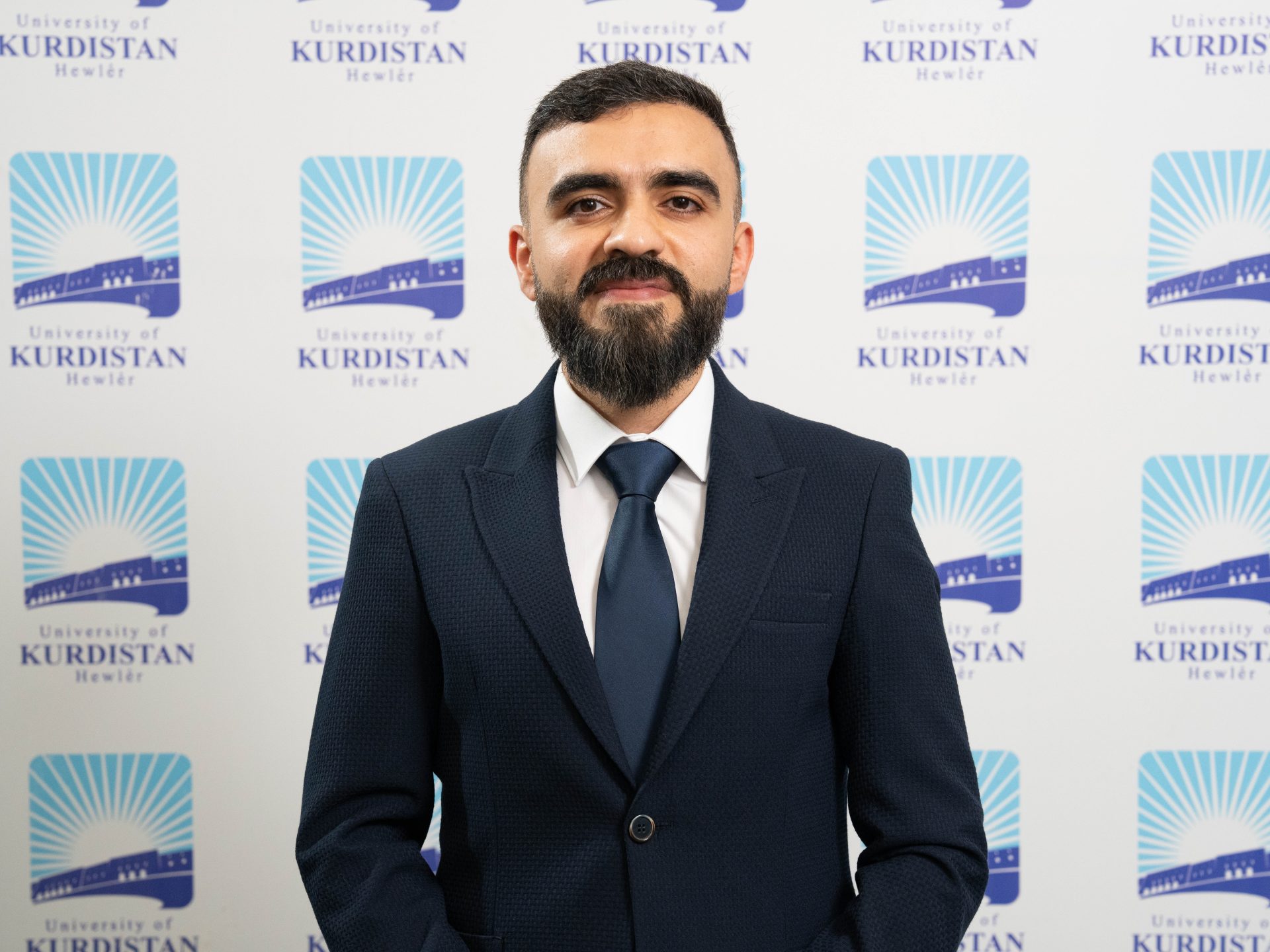Mustafa Mohammed Mustafa, PhD
Lecturer in Computer Science and Engineering, Programme Coordinator of Computer Science and Computer Engineering
Introduction
Mustafa M. Mustafa is a lecturer with a Ph.D. in Robotics and Control Systems, bringing over 8 years of teaching experience. During his doctoral studies at the University of Florida’s Center for Intelligent Machines and Robotics (CIMAR), he delved into cutting-edge research in robotics. Driven by his passion for innovation, Mustafa remains dedicated to staying updated of the latest advancements in AI and robotics. Apart from academia, he also holds over a decade of practical expertise in Electrical Engineering projects, including Renewable Energy, Industrial Automation, Vehicle X-Ray Scanning Systems, and Power Load Design. He is committed to bridging theoretical knowledge with real-world applications, fostering innovation in both academia and industry.
Education
- - Ph.D. (Collaborative Program) in Electrical Engineering, University of Florida and Salahaddin University-Erbil, 2021
- - M.Sc. in Electrical Engineering, Salahaddin University-Erbil, 2015
- - B.Sc. in Electrical Engineering, Salahaddin University-Erbil, 2009
Research
Dr. Mustafa’s research interests span the domains of robotics and control systems, encompassing robot manipulators, aerial robots, and their associated software and hardware systems. With a focus on nonlinear control systems, his work delves into the development of robust control strategies tailored for these robotic platforms, emphasizing effective disturbance rejection mechanisms. His contributions, showcased in prestigious journals and conferences, highlight innovative approaches to address challenges inherent in the design and implementation of software and hardware systems for robots. Through his research endeavors, he demonstrates a dedication to advancing the theoretical foundations and practical applications of robotics, while pioneering novel solutions that integrate sophisticated control algorithms with cutting-edge hardware and software technologies.
Professional Membership
- IEEE Membership Milestone
- IEEE Robotics and Automation Society Membership
- IEEE Control Systems Society Membership
- IEEE Robotics and Automation Technical Committe on Computer & Robot Vision


